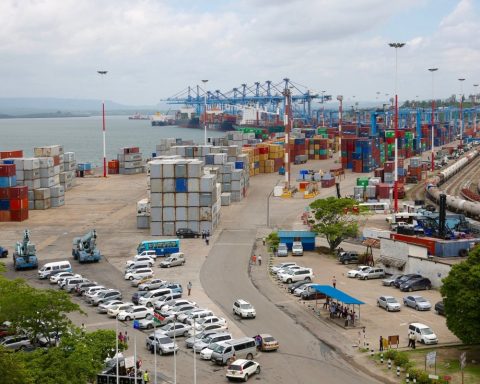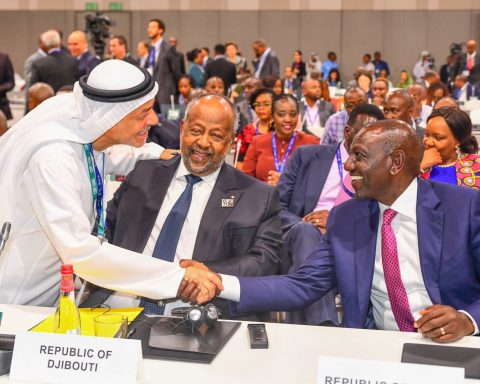Ghana on Thursday announced it is looking to buy oil using gold rather than U.S. dollars as the West African country grapples with the worst economic crisis in a generation.
There is immense pressure on the Ghanaian government to turn things around, with inflation hitting a record 40 percent in October. Traders closed their shops last month to protest the rising cost of goods and services as citizens decry the high cost of living.
Vice-President Mahamudu Bawumia announced on Facebook that Ghana is working on a new policy, effective next year, to buy oil products with gold rather than U.S. dollar reserves as part of the government measures to strengthen the cedi.
Explaining how the policy works, Gideon Boako, the spokesperson of the vice president said, “it is basically going to be [a] government-to-government transaction. The significant drain on the forex [FX, the foreign exchange marketplace] is from oil imports. Once you lock that tunnel, you are good on the FX side.”
He added: “The government of Ghana will buy gold locally with cedis through the Bank of Ghana (financier) and then exchange the gold for fuel (oil) in a barter form, for example, with the government of UAE.”
The move is meant to tackle dwindling foreign currency reserves coupled with the demand for dollars by oil importers, which is weakening the local cedi and increasing living costs.
Speaking in Parliament on Thursday when presenting the 2023 budget Finance Minister Ken Ofori-Atta, said the depreciation of the cedi continues to be a huge problem as the Ghanian government strives to address the country’s current challenges.
“The demand for foreign exchange to support our unbridled demand for imports undermines and weakens the value of the cedi,” he said. “This contributed to the depreciation of the cedi, which has lost about 53.8 percent of its value since the beginning of the year. Compared to the average 7 percent average annual depreciation of the cedi between 2017 and 2021, the current year’s depreciation, which is driving the high costs of goods and services for everyone, is clearly an aberration – a very expensive one.”









